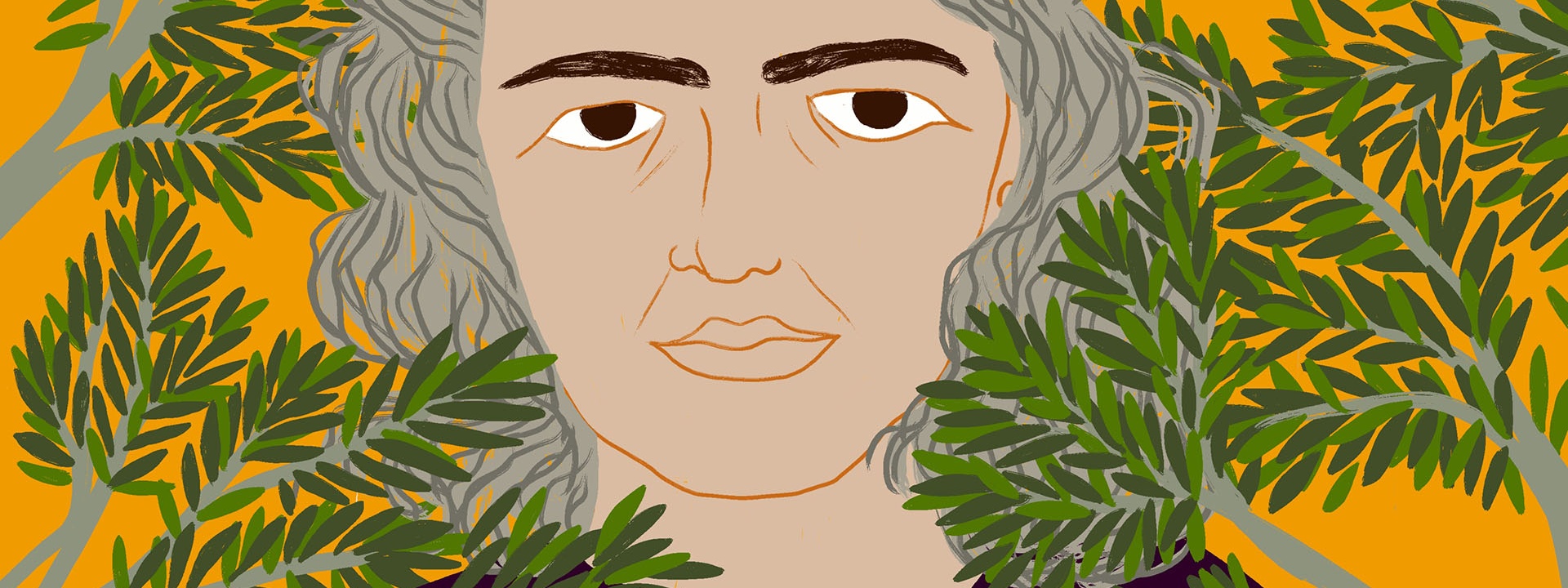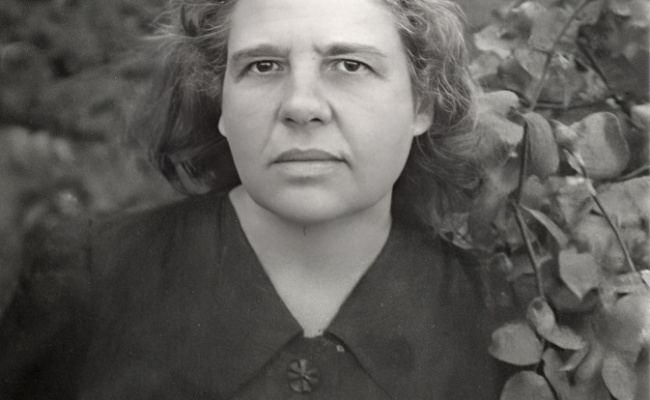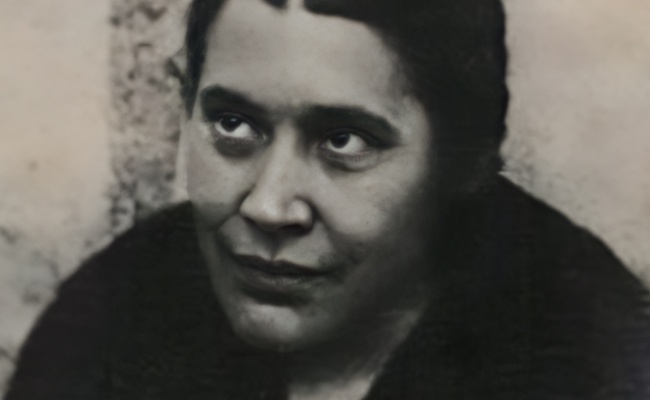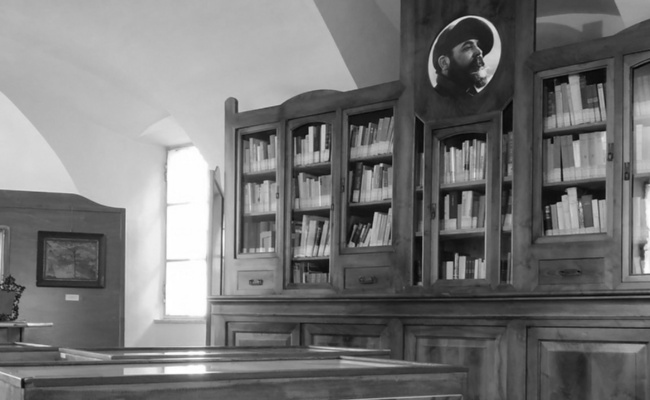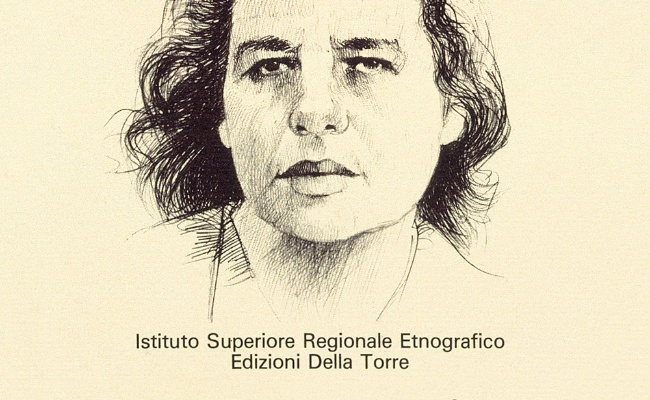Mariangela Maccioni (b. Nuoro, 17 April 1891–d. Nuoro, 26 September 1958) was a Sardinian teacher, intellectual and antifascist.
Mariangela Maccioni
Description
During the fascist period, Mariangela Maccioni transformed her home in via Barisone into an antifascist meeting place, which was frequented by friends like Marianna Bussalai and Graziella Sechi (mother of Maria Giacobbe, who would be one of her students), as well as her students.
She rebelled against fascist ideology through disobedience and provocation, like signing a pro-Matteotti document, refusing to participate in the celebration of the anniversary of the March on Rome in 1923 and refusing to teach a lesson on Mussolini, teaching her students the Bandiera Rossa instead.
The price of these courageous acts was persecution, prison and suspension from teaching, until her arrest on 17 April 1937, when the police burst into her home and sequestered suspect materials.
She was imprisoned along with her friend Graziella Sechi, and the two spent thirty-nine terrible days together in a cell.
In 1947, Maccioni and her husband, the anthropologist Raffaello Marchi, founded the social culture magazine Aristocrazia. She joined the Christian Movement for Peace and, in 1948, stood for election on the Popular Front party list, which cost her exclusion from the sacraments, deeply wounding her Catholic sensibility.
In 1953, she began writing her autobiography, Il mio romanzo.
She died at the age of seventy, leaving her last work, La mia famiglia, incomplete; the volume was published posthumously in 1979.
 Nuorese Cultural District
Nuorese Cultural District